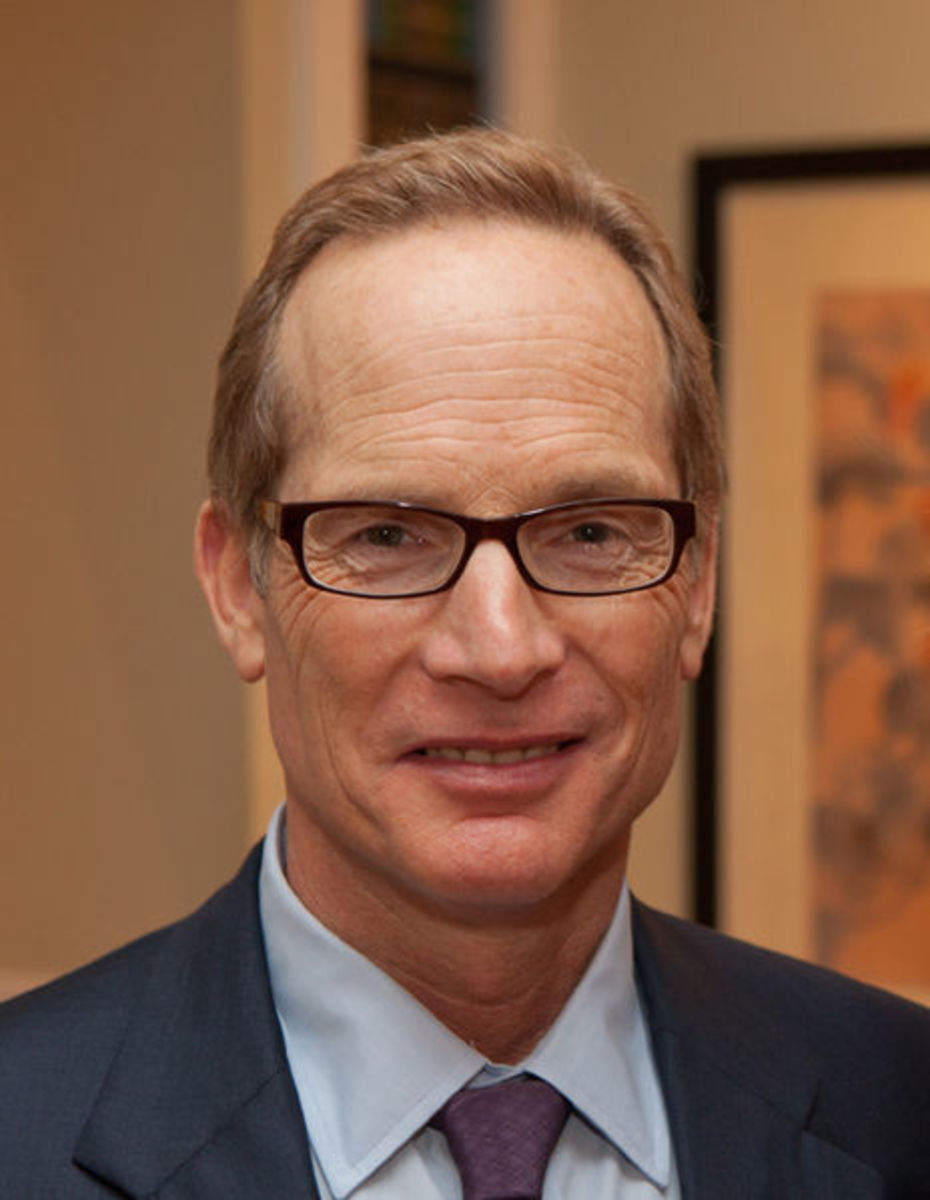Left to right, top to bottom: Melissa Cohen, Stephen Damato, Michelle Fassberg-Lush, Jennifer Lemberger, Megan Penrod, and Karen Wenzel.
In the world of Biglaw, things are getting better. Many law firms are reversing their Covid cuts, in whole or in part, and are expecting 2020 to be better than they expected (at least during the dark days of March).
As Zeughauser Group consultant Kent Zimmermann predicted to Dan Packel of the American Lawyer, while maybe 20 percent of Am Law 100 firms will see a significant hit to revenue and profits, more than half will be within 5 percent of last year’s numbers (in either direction). And a small group of firms, perhaps those with busy bankruptcy and restructuring practices, could see profits per partner increase.
Besides the reversal of austerity measures, another sign that law firms are faring better than many expected in the spring is the uptick in lateral hiring. Here at Lateral Link, we have been meeting with more and more firms to discuss their return to the talent market — and no, it’s not just all bankruptcy. (For example, if you’re a midlevel capital markets associate interested in joining a thriving, top-tier practice in New York, please drop me a line.)
With fall just around the corner, and with firms getting a better sense of their priorities for both the rest of this year and next year, new lateral searches are opening up. Some of these are publicly posted on firms’ websites, and some are needs that firms have mentioned to select recruiters whom they trust (and here at Lateral Link, we are lucky enough to be trusted by many top Biglaw firms and boutiques).
To take advantage of the lateral hiring that we are already starting to see, which we expect to continue to the end of this year and into next year (knock wood), we have made a number of great additions to our team. Without further ado, we proudly present:
1. Melissa Cohen (Atlanta). Melissa specializes in placing general counsels, other in-house lawyers, and equity partners, domestically and internationally. Like many of Lateral Link’s consultants, she is a former practicing lawyer and a seasoned legal recruiter, with a track record of success in both Australia and the United States. She earned her law degree from Florida Coastal School of Law and lives in Atlanta with her husband, Sam, and mini-Schnauzer, Tory (her true love).
2. Stephen Damato (Washington, D.C.). Before entering recruiting, Stephen practiced as a corporate associate in Gunderson Dettmer’s Boston office and an M&A and private equity associate in Jones Day’s New York office. He graduated from the University of Pennsylvania and Georgetown University Law Center, cum laude. He is an avid D.C. sports fan (Washington Capitals above the rest) and is forever working on his golf game. (For more on Stephen, read my earlier interview with him.)
3. Michelle Fassberg-Lush (Los Angeles). A graduate of USC’s Gould School of Law and a member of the California bar, Michelle focuses on partner placements at leading law firms, while also handling in-house and associate placements. A former law firm and in-house lawyer herself, Michelle leverages her knowledge and experience to make successful placements.
4. Jennifer Lemberger (Miami). Jennifer, a South Florida native, earned her law degree from Nova Southeastern University Law, passed the bar, and worked in real estate for several years. She then began her recruiting career in Washington, D.C., placing attorneys, contract managers, and paralegals into law firms and corporate legal departments. She resides with her husband and daughter in Miami, where in her free time she enjoys playing tennis and cheering on her Florida Gators.
5. Megan Penrod (Washington, D.C.). After earning her J.D. from Saint Louis University School of Law, where she received a certificate in health law from the nation’s premier health law program, Megan lived and worked in Washington, Houston, and Austin, before starting her legal recruiting career in 2017. Outside of work, Megan enjoys writing, reading, spending time with her golden retriever, perfecting new recipes, and playing the piano.
6. Karen Wenzel (Minneapolis). Karen is a Midwest-based recruiter with a background as a corporate attorney in both private practice and in-house. She graduated from the University of Minnesota Law School, where she served as a Managing Editor of the University of Minnesota Law Review. Karen practiced at the law firm now known as Lathrop GPM in Minneapolis, then worked in-house with two Fortune 500 companies, also in the Twin Cities. She and her husband are the proud parents to a son and a daughter.
And we are very proud of the newest additions to our team. Please feel free to reach out to Melissa, Stephen, Michelle, Jennifer, Megan, or Karen. They are eager to hear from and work with you, whether you are an employer seeking great talent or a lawyer seeking a new opportunity. Despite all the turmoil in the world, today is actually an excellent time to be in the market — so don’t let it pass you by.
 Ed. note: This is the latest installment in a series of posts from Lateral Link’s team of expert contributors. This post is by David Lat, a managing director in the New York office, where he focuses on placing top associates, partners and partner groups into preeminent law firms around the country.
Ed. note: This is the latest installment in a series of posts from Lateral Link’s team of expert contributors. This post is by David Lat, a managing director in the New York office, where he focuses on placing top associates, partners and partner groups into preeminent law firms around the country.
Prior to joining Lateral Link, David founded and served as managing editor of Above the Law. Prior to launching Above the Law, he worked as a federal prosecutor, a litigation associate at Wachtell Lipton Rosen & Katz in New York, and a law clerk to Judge Diarmuid F. O’Scannlain of the U.S. Court of Appeals for the Ninth Circuit. David is a graduate of Harvard College and Yale Law School. You can connect with David on Twitter (@DavidLat), LinkedIn, and Facebook, and you can reach him by email at dlat@laterallink.com.
 Lateral Link is one of the top-rated international legal recruiting firms. With over 14 offices worldwide, Lateral Link specializes in placing attorneys at the most prestigious law firms and companies in the world. Managed by former practicing attorneys from top law schools, Lateral Link has a tradition of hiring lawyers to execute the lateral leaps of practicing attorneys. Click here to find out more about us.
Lateral Link is one of the top-rated international legal recruiting firms. With over 14 offices worldwide, Lateral Link specializes in placing attorneys at the most prestigious law firms and companies in the world. Managed by former practicing attorneys from top law schools, Lateral Link has a tradition of hiring lawyers to execute the lateral leaps of practicing attorneys. Click here to find out more about us.






 Olga V. Mack is the CEO of
Olga V. Mack is the CEO of 




 Ed. note: This is the latest installment in a series of posts from
Ed. note: This is the latest installment in a series of posts from 






